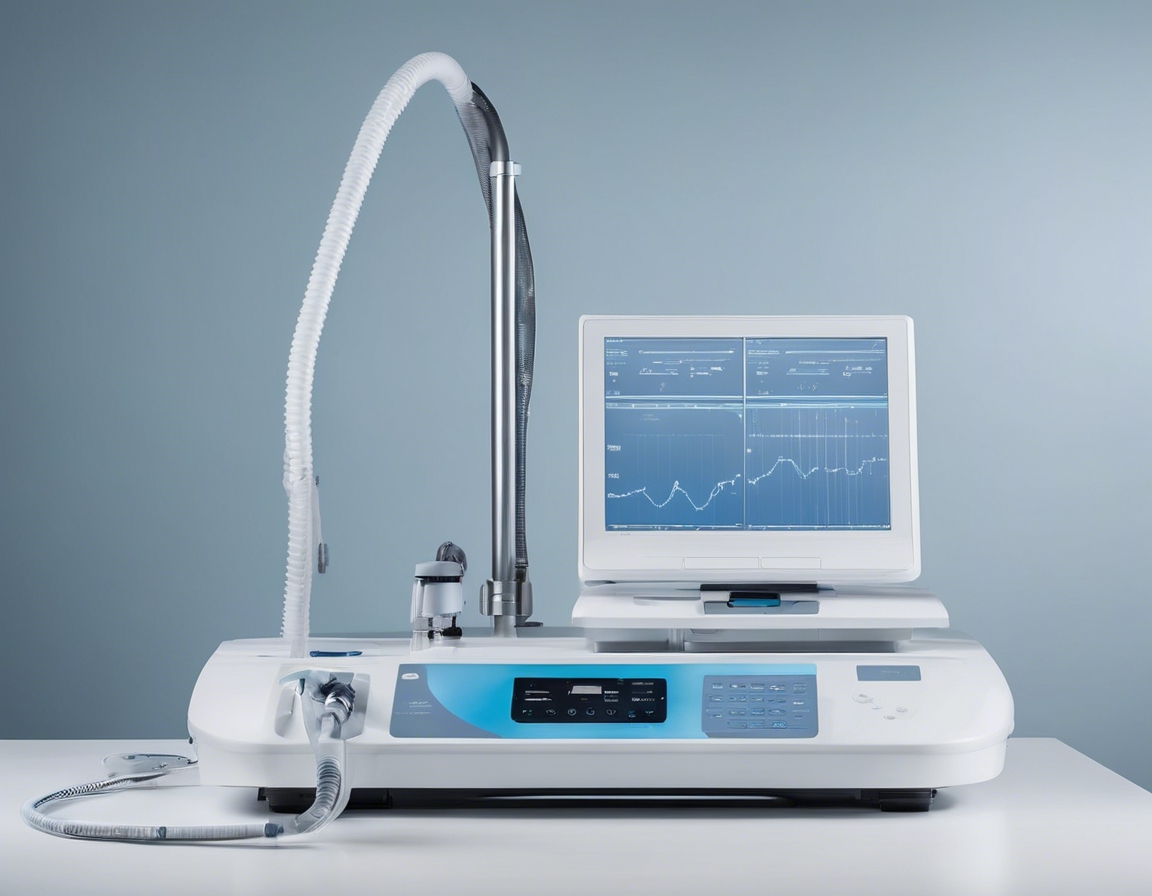The role of nutrition in digestive health
The digestive system is a complex network of organs working together to convert food into energy and basic nutrients to feed the entire body. It involves a series of physical and chemical processes that begin in the mouth and end in the rectum. Proper functioning of the digestive system is crucial for overall health and well-being.
Many individuals suffer from a range of digestive disorders, such as irritable bowel syndrome (IBS), inflammatory bowel disease (IBD), gastroesophageal reflux disease (GERD), and celiac disease. These conditions can significantly impact quality of life and may be influenced by dietary choices.
The Impact of Nutrition on Digestive Health
Macronutrients, including carbohydrates, proteins, and fats, play distinct roles in digestive health. Carbohydrates are the body's main source of energy, proteins are essential for repairing tissues, and fats are important for nutrient absorption. However, the type and quantity of macronutrients can affect digestive processes and symptoms.
Micronutrients, such as vitamins and minerals, are also vital for maintaining a healthy digestive system. For example, vitamin D is linked to colon health, while magnesium plays a role in muscle function, including the muscles of the digestive tract.
Dietary fiber is essential for good digestive health. It helps to regulate bowel movements, prevent constipation, and may reduce the risk of developing digestive disorders. Soluble and insoluble fibers have different benefits and sources, and a balance of both is important for digestive health.
Probiotics are live bacteria and yeasts that are beneficial for the digestive system. They help to balance the gut microbiota, which is important for nutrient absorption, immune function, and preventing the overgrowth of harmful bacteria.
Specific Nutritional Strategies for Digestive Health
Hydration plays a critical role in digestion. Adequate fluid intake ensures that the gastrointestinal tract is well-lubricated and helps in the smooth transit of food through the system.
Identifying and managing food intolerances can alleviate symptoms of digestive discomfort. Elimination diets, under the guidance of a healthcare professional, can help pinpoint the offending foods and manage symptoms.
Incorporating anti-inflammatory foods into the diet can support digestive health by reducing inflammation in the digestive tract, which is a common feature of many digestive disorders.
Adjusting meal timing and frequency can also benefit digestive health. Eating smaller, more frequent meals can help manage symptoms for some individuals with digestive disorders.
Nutritional Considerations for Common Digestive Disorders
For those with IBS, a low FODMAP diet has been shown to reduce symptoms for many. This diet involves limiting foods that are high in certain fermentable carbohydrates.
Patients with IBD may require specialized diets to manage symptoms and prevent flare-ups. Nutritional therapy can be an integral part of the treatment plan.
Dietary modifications, such as avoiding trigger foods and eating smaller meals, can help manage GERD symptoms.
A high-fiber diet is often recommended for managing diverticular disease to prevent the formation of diverticula and ease symptoms.
Integrating Nutritional Care in Digestive Health Management
Dietitians and nutritionists play a crucial role in developing personalized nutrition plans for individuals with digestive health issues, ensuring that dietary recommendations are tailored to each person's unique needs.
Personalized nutrition plans take into account the individual's health status, dietary preferences, and specific digestive concerns, providing a targeted approach to improving digestive health.
Continuous monitoring and adaptation of dietary habits are essential for long-term digestive health. Regular consultations with healthcare professionals can help in making necessary adjustments to the diet.






Comments (0)